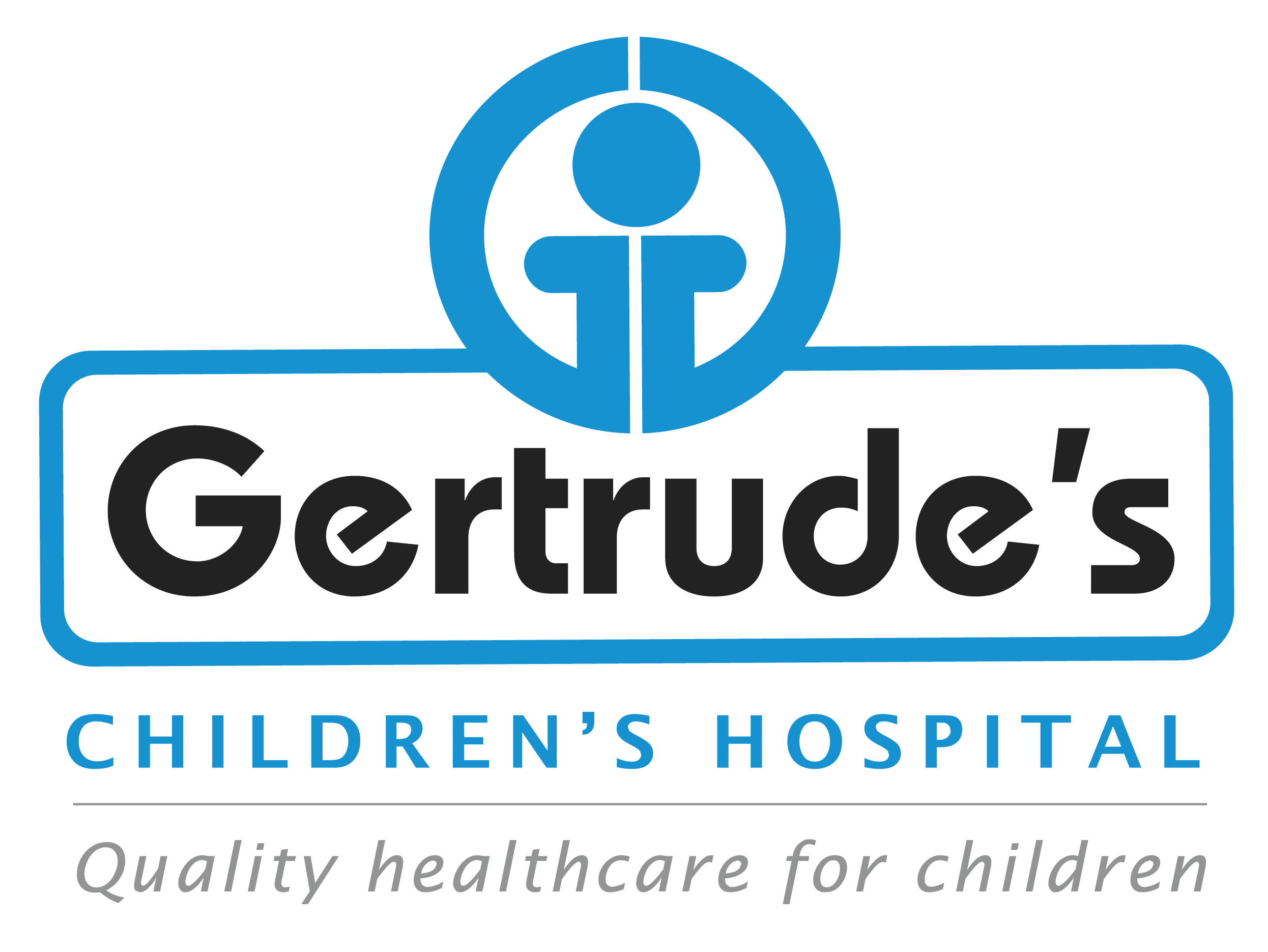Bad breath, or halitosis, is a common issue that can affect children of all ages. While it’s often caused by poor oral hygiene, other factors like diet, dehydration, or underlying health problems may also contribute. Although bad breath is usually harmless, persistent halitosis may indicate a deeper issue that needs attention.
Symptoms
• A noticeable unpleasant odor from the mouth, even after brushing
• A dry or sticky feeling in the mouth
• A white or yellowish coating on the tongue
• Complaints of bad taste in the mouth
Causes
• Poor oral hygiene: Not brushing and flossing properly allows food particles and bacteria to build up, leading to an unpleasant odor.
• Dry mouth: Reduced saliva production can make it harder to wash away bacteria.
• Diet: Foods like garlic, onions, or sugary snacks can leave lingering odors.
• Mouth infections: Cavities, gum disease, or tonsillitis may cause bad breath.
• Nasal or sinus issues: Postnasal drip or sinus infections can contribute to halitosis.
• Underlying medical conditions: Rarely, issues like diabetes, gastrointestinal problems, or kidney disease may cause persistent bad breath.
Diagnosis
• A detailed oral exam to identify plaque buildup, cavities, or gum problems
• Reviewing the child’s oral hygiene routine and dietary habits
• Checking for signs of nasal or throat infections
• Investigating potential underlying medical conditions if the cause isn’t immediately clear
Treatment Options
• Improved oral hygiene: Teaching children to brush their teeth and tongue twice a day and floss daily to remove food particles and bacteria.
• Professional dental cleaning: Removing plaque and tartar buildup that regular brushing might miss.
• Addressing infections: Treating cavities, gum disease, or throat infections to eliminate the source of odor.
• Hydration: Encouraging regular water intake to keep the mouth moist and wash away food particles.
• Dietary adjustments: Limiting sugary snacks and strong-smelling foods that contribute to bad breath.
Our dental team provides comprehensive care to identify and treat the root cause of your child’s bad breath, restoring their confidence and comfort.
Frequently Asked Questions
Q: How can I help my child prevent bad breath?
A: Ensure they brush their teeth and tongue twice daily, floss regularly, drink plenty of water, and visit the dentist for routine cleanings.
Q: Can bad breath be a sign of a serious health problem?
A: Occasionally, persistent bad breath may indicate an underlying condition like sinus infections, diabetes, or gastrointestinal issues. If basic oral care doesn’t help, seek medical advice.
Q: Should I worry about bad breath in young children?
A: Bad breath in young children is often due to poor oral hygiene or temporary issues like dry mouth. However, if it persists, consult a dentist or doctor.
Contact
Please feel free to contact us with any general or medical enquiry by calling us.





